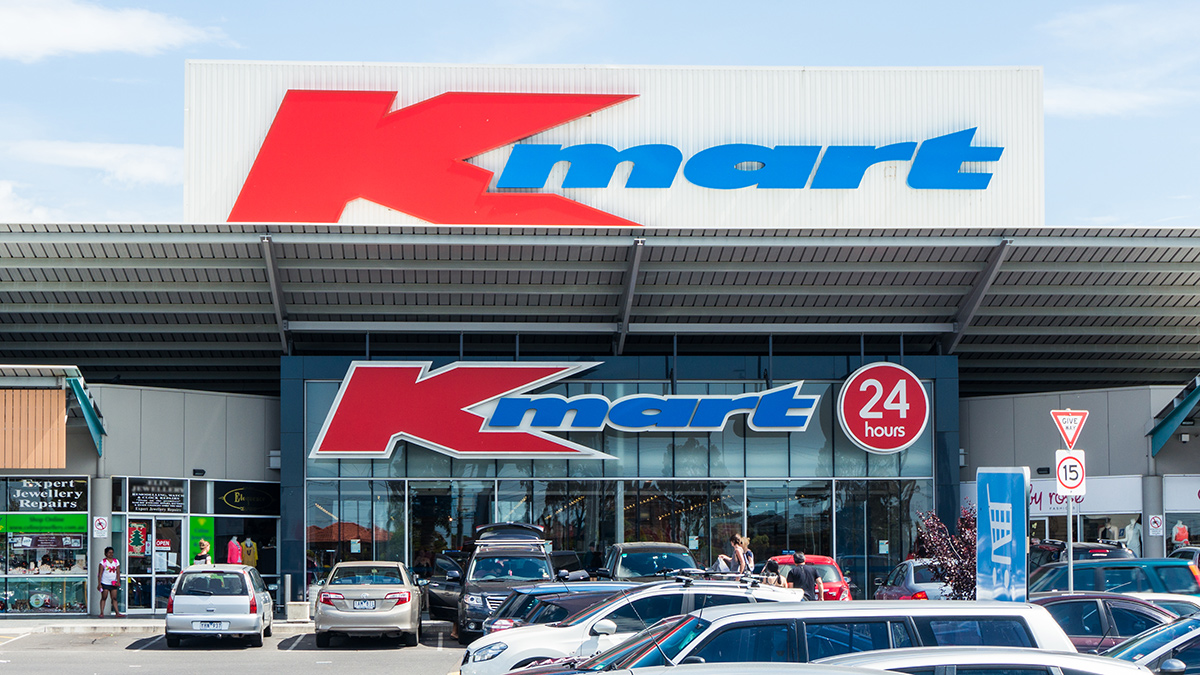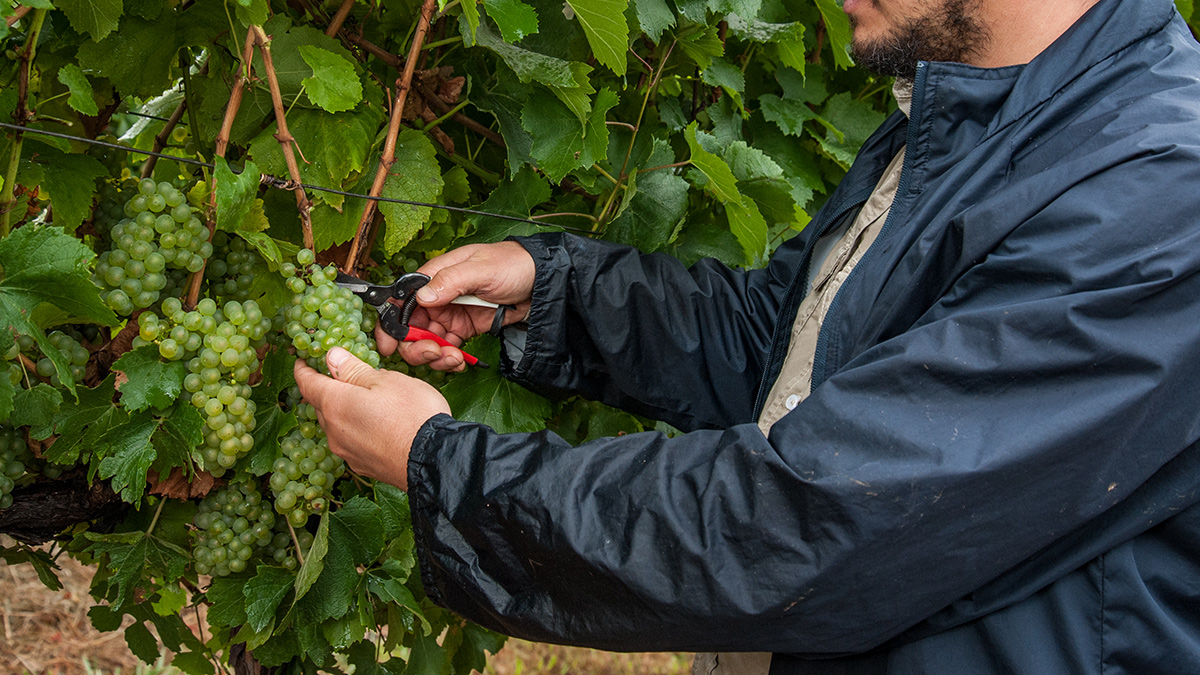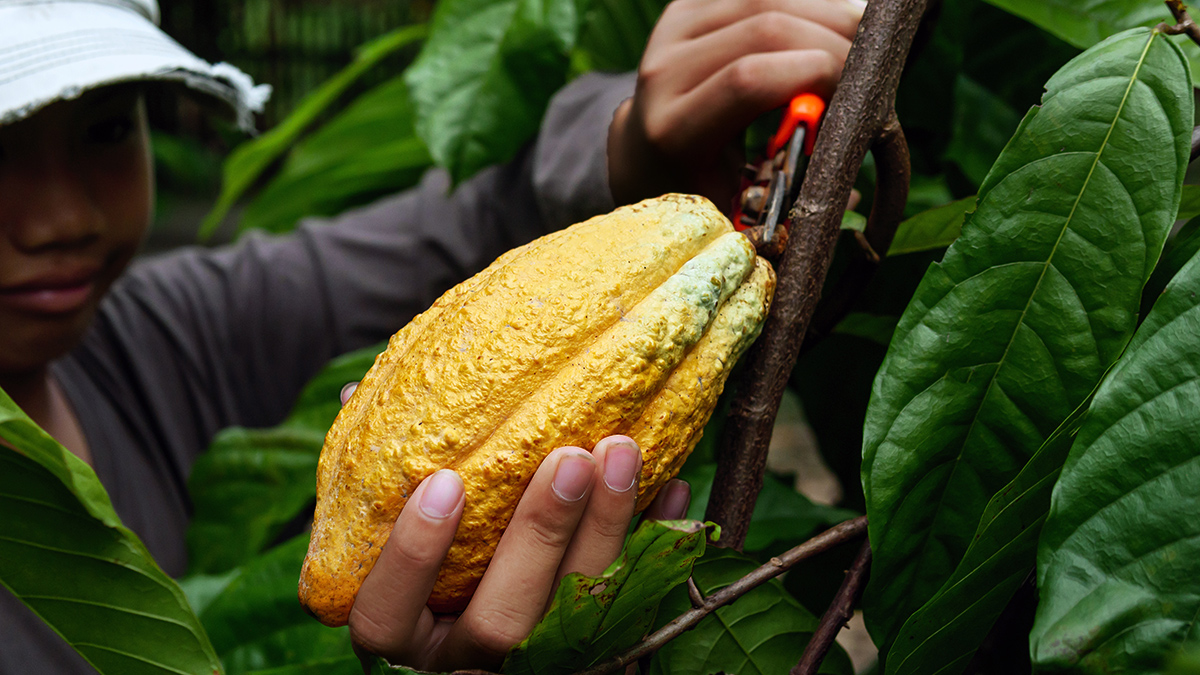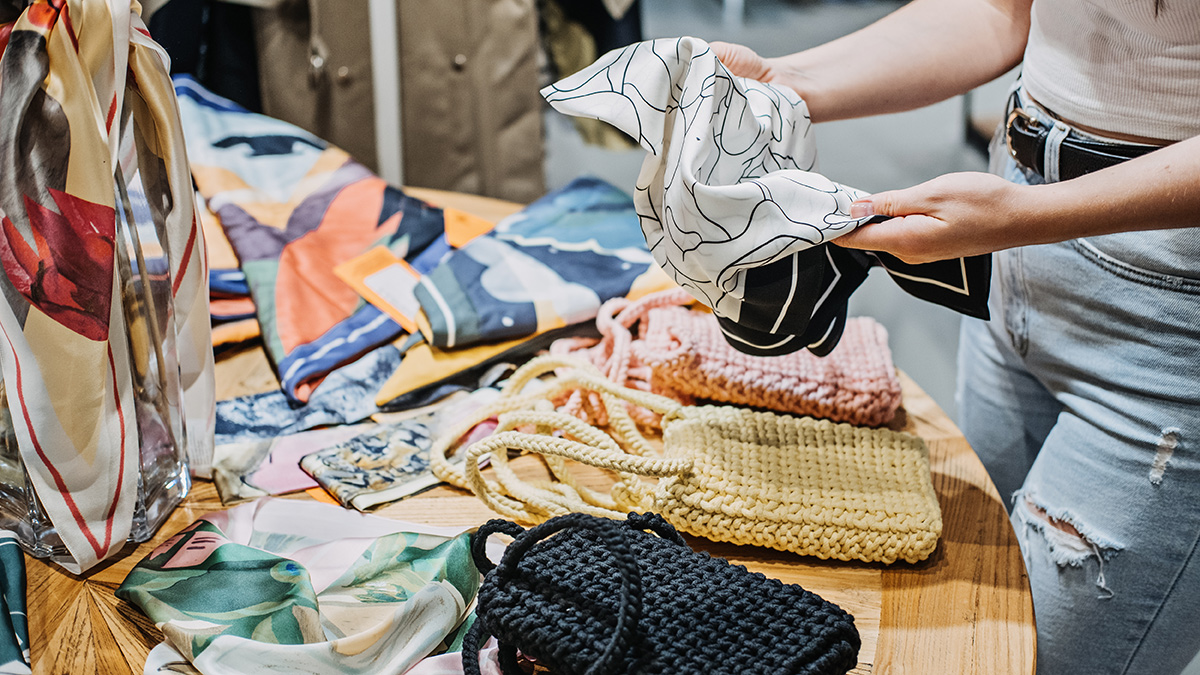Get our independent lab tests, expert reviews and honest advice.
Ethical shopping on a budget
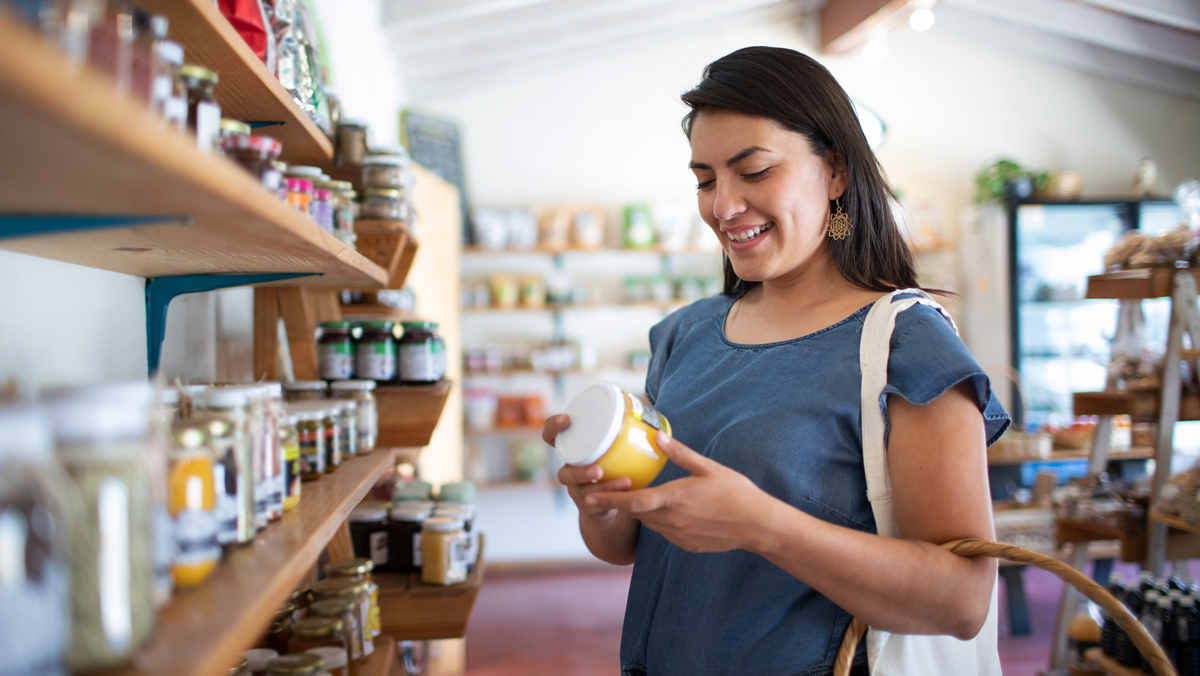
If you’ve noticed the cost of living going up and your weekly shop costing more, you’re not alone. You may be wondering how to scale back your spending and still balance ethical purchases with your budget when “green” products are often more expensive.
On this page:
- What is ethical shopping?
- Why are ethical products more expensive?
- Tips for ethical shopping on a budget
- What to look for when ethical shopping
- How to find ethical products and brands
The lower your budget, the harder these ethical choices can be. Do you put your money where your morals are, or do you buy the cheapest item? The catch is that the cheaper the item, the larger the environmental or ethical trade-off tends to be. And trying to work out what the best choices are can be overwhelming.
We look at some of the challenges ethical shoppers face and tap into the wisdom of CHOICE staff to find cost-effective ways to help.
What is ethical shopping?
At its simplest, ethical shopping is making choices at the checkout that will reduce your impact on the planet. It’s not about depriving yourself or having the most virtuous shopping list, but rather thinking about the way your choices can have a positive effect and drive demand for more ethical, sustainable and traceable products.
This could be buying organic or free-range products, buying products with recyclable or less packaging, choosing products that are fair trade and slavery-free, or making choices such as eating less meat or switching to green energy providers to reduce your carbon footprint.
Why are ethical products more expensive?
Ethical products tend to be more expensive, at least for now, because green products are often manufactured to stricter standards, resulting in higher costs for things like raw materials, workers’ wages, manufacturing and shipping.
Sustainable materials also cost more to grow and manufacture, and using organic materials is more expensive than the alternatives. Reputable third-party certifications, such as organic, vegan or fair trade also add to the cost.
These increased prices can reduce demand from consumers, and lower demand can further contribute to making products more expensive due to economies of scale.
It’s not about depriving yourself or having the most virtuous shopping list, but rather thinking about how your choices can drive demand for more ethical, sustainable and traceable products
But consumer demand for ethical products has increased over time. A number of mainstream brands known for cheaper products, such as Kmart and Target, now offer various cotton products certified by the Better Cotton Initiative (BCI). Coles and Woolworths also have Fairtrade and Rainforest Alliance-certified products such as coffee, tea and cocoa, including some of their home brand products. Ikea is also taking a company-wide approach to developing more sustainable products and stores.
So, although ethical products do tend to be more expensive at present, prices should go down as more companies get on board and consumer demand rises.
Tips for ethical shopping on a budget
To help you shop more ethically, we’ve compiled a list of tips and strategies, including some CHOICE staff wisdom. And many of them are budget-friendly too.
1. Buy less, shop slowly
Buying less is even better for the planet than buying green, and it’s great for your budget too. Over-consumption of fast fashion, food and cheap tech gadgets takes a huge toll on the environment. By buying less, we can drastically reduce our emissions and ecological footprints.
A good first step is to ask yourself some simple questions before you buy:
- Can you repair something you already own?
- Can you buy a reusable product instead of a disposable one?
- Can you borrow the item instead?
- Do you really need it at all?
Slow shopping to reduce impulse buys can ease overspending on things we don’t really need. If you see something that you like online or instore, try holding off buying it for 24 hours and thinking about whether or not you really need it before taking the plunge.
Over-consumption of fast fashion, food and cheap tech gadgets takes a huge toll on the environment
CHOICE editor Tracy recommends slow-shopping at the supermarket: “Take the time to compare unit prices, and bring your own containers to buy things at the deli counter instead of pre-packaged – it’s often also cheaper,” she says. “And take the time to read where the produce comes from – you might be willing to pay more for locally grown produce to reduce food miles.”
CHOICE designer Soraya seconds shopping slowly and considering what you buy carefully. “If you wait a bit longer, you are more likely to find what you need at a good price,” she says. “I’ve found buying less food more frequently avoids wasting it too.”
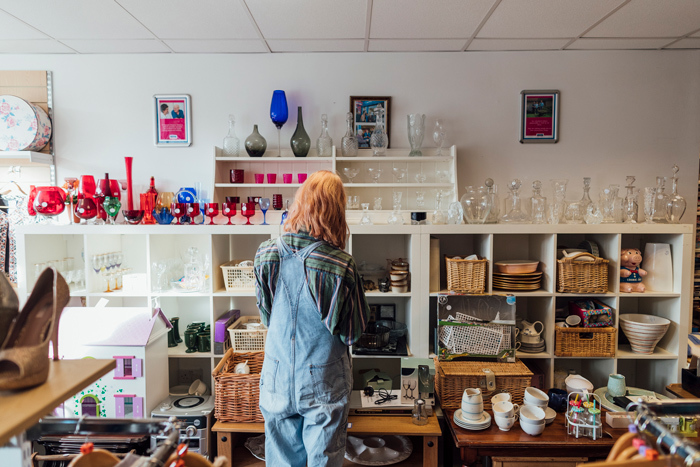
2. Buy second-hand
If you do need to buy something, see if you can get it second-hand first. Not only are second-hand items usually cheaper, but you’re also keeping an old item out of landfill.
Charity shops, eBay, Gumtree, Facebook and second-hand markets are all great sources of pre-loved items. You may also be able to exchange or borrow items through community groups, tool libraries, toy libraries and buy-sell-swap groups at minimal or no cost. Clothes rental services can also be a great option if you need an outfit for a one-off or formal occasion, such as a wedding or job interview.
“We try to look for second-hand goods as much as possible,” says CHOICE digital architect James. “Just picked up some Ikea wardrobes off Gumtree. Not a scratch on them and half the price of new.”
“My daughter is an avid reader so we are using street libraries and op shops to get and pass on books,” says CHOICE insurance expert Uta.
Be sceptical of claims without evidence and don’t be pulled in by ‘greenwashing’
And the second-hand street runs both ways – donating or selling your unwanted items also reduces waste going to landfill.
CHOICE editorial director and craft expert Marg suggests getting creative and turning old items into new things. “Knowing how to make my own and how to alter things helps,” she says.
3. Choose more sustainable products
If you do buy something new, try to make sure it’s a credible ethical product. If you can’t afford the item at full price, keep an eye out for sales, supermarket specials, or – if it’s a larger household item such as a fridge – try your hand at haggling.
“Just because something is ethical doesn’t mean you can’t bargain,” says CHOICE director of reviews and testing Matt.
4. Invest in quality
Cheap products may be tempting, but you also run the risk of them being low quality and less durable. By investing in a better quality product that will last longer, not only are you reducing how much you buy, but you may also spend less in the long run.
However, high prices aren’t always an indicator of quality. CHOICE testing repeatedly shows that cheaper products can outperform more expensive ones.
There are a few ways to identify better quality and more durable products:
- Consider whether what you’re buying is likely to be repairable, either by you or through a repair service. Some brands, such as Breville, Dyson and Kelvinator, have replacement parts and accessories readily available online, whereas others don’t.
- Shopping for shoes, clothes and accessories instore lets you gauge their quality in person. Do the stitches, fastenings and zips look sturdy? Does the fabric have pilling or is it too thin? Is there a spare button included? Is the sole of the shoe sturdy?
- Check where the item is made. Locally produced and handmade products may be of higher quality and ethical standards than those that are mass produced.
- Check what it’s made of. Will the material biodegrade at the end of its life? Is it recyclable? Will it break easily? For instance, a solid wood set of drawers that has been well finished will probably last longer than something made of cheaper chipboard – and could save you money in the long run.
- Check product reviews and buyer feedback. CHOICE reviews can help you compare a wide range of products in your budget range. We rate products not only on performance, but also on energy consumption, running costs, water efficiency and reliability (depending on the product). In the future, you’ll also start to see ethical and sustainability ratings for some products alongside our test results.
5. Pick products with less packaging
Australians throw away about 1.9 million tonnes of packaging each year. Packaging takes a lot of energy, water and other natural resources to produce, and packaging waste pollutes our environment.
Buying products with less packaging helps reduce their impact on our resources and means less waste goes to landfill. Buying less pre-packaged food and fewer unnecessary items will also help cut packaging waste, as well as your spending.
You can also use reusable packaging and BYO containers at bulk food stores or co-ops, farmers markets, and for some products at the supermarket.
By shopping ethically, you’re making a choice to say no to injustice, waste and unsustainable practices
CHOICE digital producer Elaine recommends getting involved in food co-op shops. “They offer discounts for members,” she says. “There are also community fruit and veg co-ops where members take turns doing the market run each week.”
If you do need to buy an item with packaging, check to see if it’s recyclable and follow the directions for disposal. You can also drop your compatible soft plastics into RedCycle bins at your local Coles and Woolworths. For more recycling tips, see our article 10 common recycling mistakes to avoid.
By shopping ethically, you’re making a choice to say no to injustice, waste and unsustainable practices. Supporting ethical businesses and initiatives through your buying choices can lead to lasting and meaningful change.
What to look for when ethical shopping
Action, not just words
An ethical company should declare its sustainability goals and policies on its products or website. For instance, it might say it’s making the transition to green energy, working towards being carbon neutral, or striving to eliminate worker exploitation from its supply chain. But it’s important that aspirations and targets are followed up by real-world action, so be sceptical of claims without evidence and don’t be pulled in by ‘greenwashing’.
Credible certifications
Keep an eye out for credible ethical certification logos and labels on products – such as Fairtrade chocolate, BCI-certified cotton, Rainforest Alliance coffee, Australian Certified Organic or Vegan Australia Certified bakery items, and paper certified by the Forest Stewardship Council (FSC).
Cheap products may be tempting, but they can also be low quality and less durable
There are lots of labels out there and it can be hard to know what the most ethical choice is. But as a general rule, it’s better to buy a credibly certified product over an uncertified one.
Even though many certifications address only one specific issue (such as Vegan Australia Certified), they do at least indicate that the company is trying to make its products more ethical and/or sustainable.
Star ratings
When comparing white goods or other home products, check the Energy Star or WELS water-use rating.
Every new washing machine, dryer, dishwasher, TV and fridge sold in Australia must meet a minimum standard for energy efficiency. And taps, showers, dishwashers, washing machines and toilets must have a WELS rating. The more stars it has, the more water or energy-efficient it is.
Reducing your water consumption and energy use is good for the environment – and your utility bills.
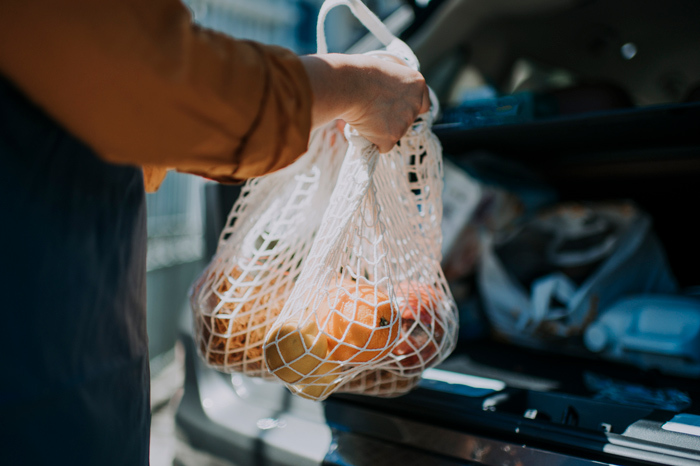
How to find ethical products and brands
Apart from looking out for certifications, there are some tools and resources that can help you identify ethical and sustainable products and businesses.
Shop Ethical has an online tool and app that can help you make more informed ethical purchases. Its guide has information on the environmental and social track record of the companies behind well-known brands. You’ll also see their ratings starting to pop up in our product reviews, alongside our test results.
Be Slavery Free publishes a yearly chocolate scorecard that rates chocolate companies on their performance in categories including reduction of child labour, poverty, deforestation and climate impacts.
Baptist World Aid publishes its ethical fashion guide every year. Brands are rated on categories such as environmental sustainability, workers’ rights, traceability, policies and governance.
Good On You has an app and online tool that gives an ethical rating to thousands of clothing brands, covering everything from shoes and accessories to active and maternity wear. It rates brands according to their treatment of workers and the environmental impact of their products across their life cycles. It also scores brands on their prices.
Good Fish has a comprehensive Australian sustainable seafood guide in both online and app versions. It rates species of fish and other seafood, so you can see what’s best avoided and weigh up the alternatives.

